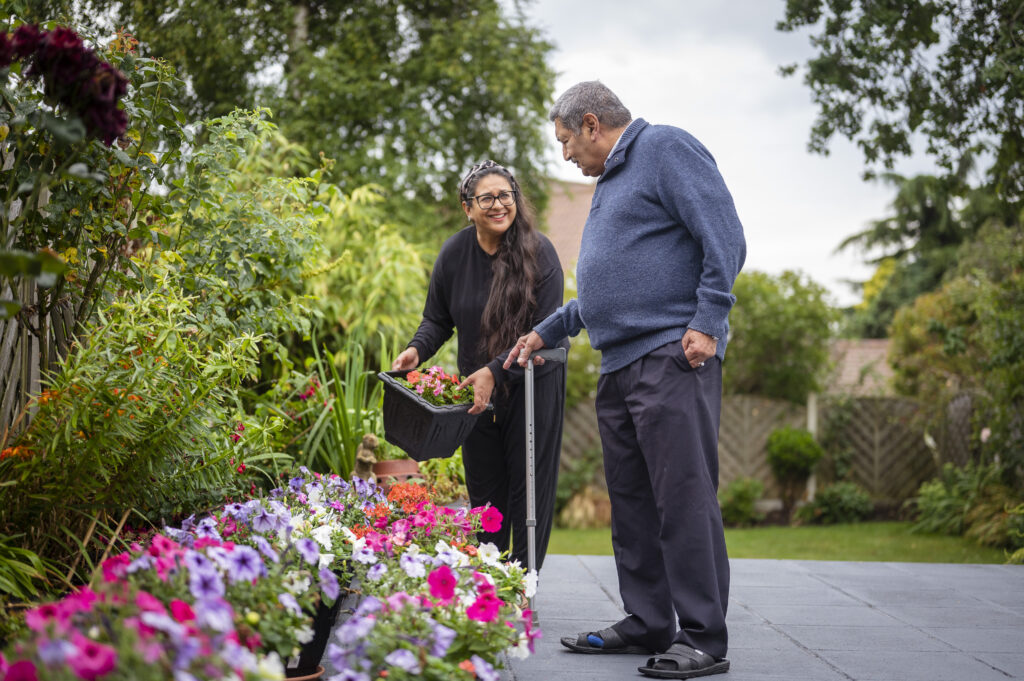
Improvements are already being made for people living in Leeds and aged between 18 and 65. Plans are still being decided for people aged 65 and older and will be announced soon.
Some of these improvements affect you wherever you live in the city. Find out about the changes that have already been made.
We are introducing more changes in the following areas as a start:
- West Leeds (served by West Leeds Primary Care Network – PCN)
- HATCH (served by Burmantofts, Harehills and Richmond Hill PCN and Chapeltown PCN)
- Leeds Student Medical Practice (LSMP) and The Light PCN
Over the next few months if you are using the care and support in these areas we will ask you, your carers, and our staff to tell us about your experiences so we can use this information to help us set up more teams across Leeds during 2024–2025.
